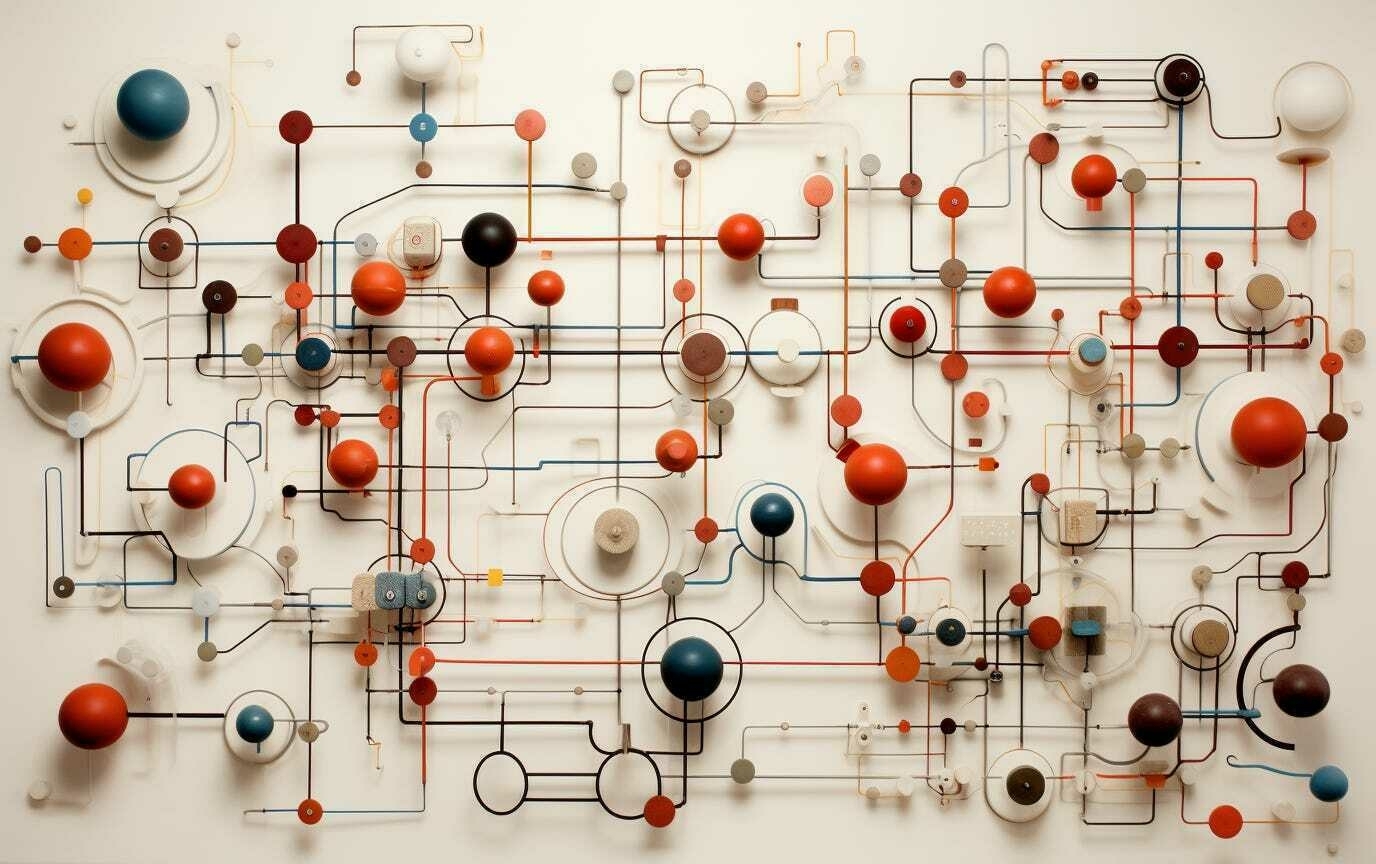Raising the average level of creativity using AI
Like most infants, my daughter wanted to speak before she was able to. Unlike most infants, she was extremely frustrated that she couldn’t do so.
Most people can’t draw as well as they would like. Many people become exasperated when they can’t adequately express their ideas in written form.
AI can help with all of this and, in my case, already is. This article, which draws on the results of three academic studies, is interesting in terms of how we can raise the average level of human creativity with the use of AI.

Each of the three papers directly compares AI-powered creativity and human creative effort in controlled experiments. The first major paper is from my colleagues at Wharton. They staged an idea generation contest: pitting ChatGPT-4 against the students in a popular innovation class that has historically led to many startups. The researchers — Karan Girotra, Lennart Meincke, Christian Terwiesch, and Karl Ulrich — used human judges to assess idea quality, and found that ChatGPT-4 generated more, cheaper and better ideas than the students. Even more impressive, from a business perspective, was that the purchase intent from outside judges was higher for the AI-generated ideas as well! Of the 40 best ideas rated by the judges, 35 came from ChatGPT.Source: Automating creativity | Ethan MollickA second paper conducted a wide-ranging crowdsourcing contest, asking people to come up with business ideas based on reusing, recycling, or sharing products as part of the circular economy. The researchers (Léonard Boussioux, Jacqueline N. Lane, Miaomiao Zhang, Vladimir Jacimovic, and Karim R. Lakhani) then had judges rate those ideas, and compared them to the ones generated by GPT-4. The overall quality level of the AI and human-generated ideas were similar, but the AI was judged to be better on feasibility and impact, while the humans generated more novel ideas.
The final paper did something a bit different, focusing on creative writing ideas, rather than business ideas. The study by Anil R. Doshi and Oliver P. Hauser compared humans working alone to write short stories to humans who used AI to suggest 3-5 possible topics. Again, the AI proved helpful: humans with AI help created stories that were judged as significantly more novel and more interesting than those written by humans alone. There were, however, two interesting caveats. First, the most creative people were helped least by the AI, and AI ideas were generally judged to be more similar to each other than ideas generated by people. Though again, this was using AI purely for generating a small set of ideas, not for writing tasks.